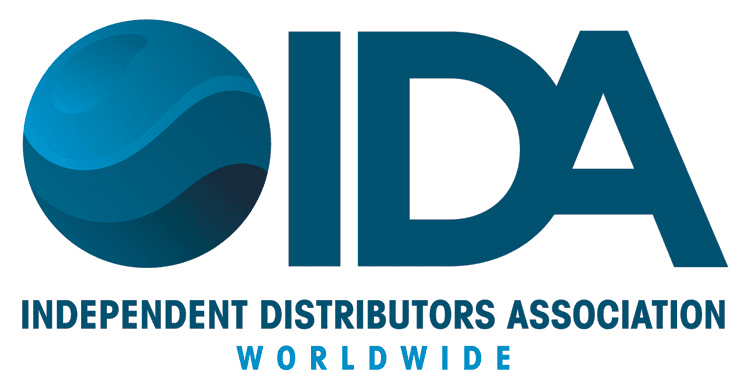What It Means for the Aftermarket Parts Industry and IDA Members
The steel recycling market is experiencing a surge in ferrous scrap prices this March, driven by rising demand and global supply constraints. With additional tariffs on imported steel looming, the aftermarket parts industry—particularly independent distributors—must brace for cost fluctuations that could impact both operations and pricing strategies.
Steel is a fundamental component in the production of aftermarket parts, from engine components and hydraulic systems to structural reinforcements and wear parts. As scrap prices climb, manufacturers will likely pass increased material costs down the supply chain, leading to higher prices for distributors and customers alike. For IDA members, who rely on a steady supply of affordable parts to support their customers, this presents a challenge in maintaining competitive pricing without compromising profitability.
Tariffs on imported steel could further strain the market by limiting the availability of lower-cost materials. While these trade policies are designed to protect domestic production, they can also lead to price volatility and supply bottlenecks, making it harder for independent distributors to forecast costs accurately. Companies that source aftermarket parts internationally may face additional costs or delays, reinforcing the need for diversified sourcing strategies.
For distributors in the Independent Distributors Association (IDA), adapting to these changes means exploring cost-saving measures and alternative supply options. Investing in remanufactured or refurbished parts may become more attractive as a way to mitigate rising steel costs while maintaining quality. Additionally, maintaining strong relationships with multiple suppliers—both domestic and international—can help distributors navigate market fluctuations more effectively.
The rising price of ferrous scrap also underscores the growing importance of recycling within the aftermarket parts industry. As steel becomes more expensive, the value of reclaimed and recycled components will increase. IDA members should consider expanding their offerings in high-quality recycled or remanufactured parts, which can provide cost-effective solutions to customers while promoting sustainability.
With ongoing market shifts, independent distributors must stay informed and agile. Keeping an eye on steel price trends, evaluating alternative parts sources, and strengthening supplier relationships will be key to overcoming these challenges. By proactively adjusting strategies, IDA members can continue to provide reliable, cost-effective solutions to customers while navigating the complexities of a fluctuating steel market.


